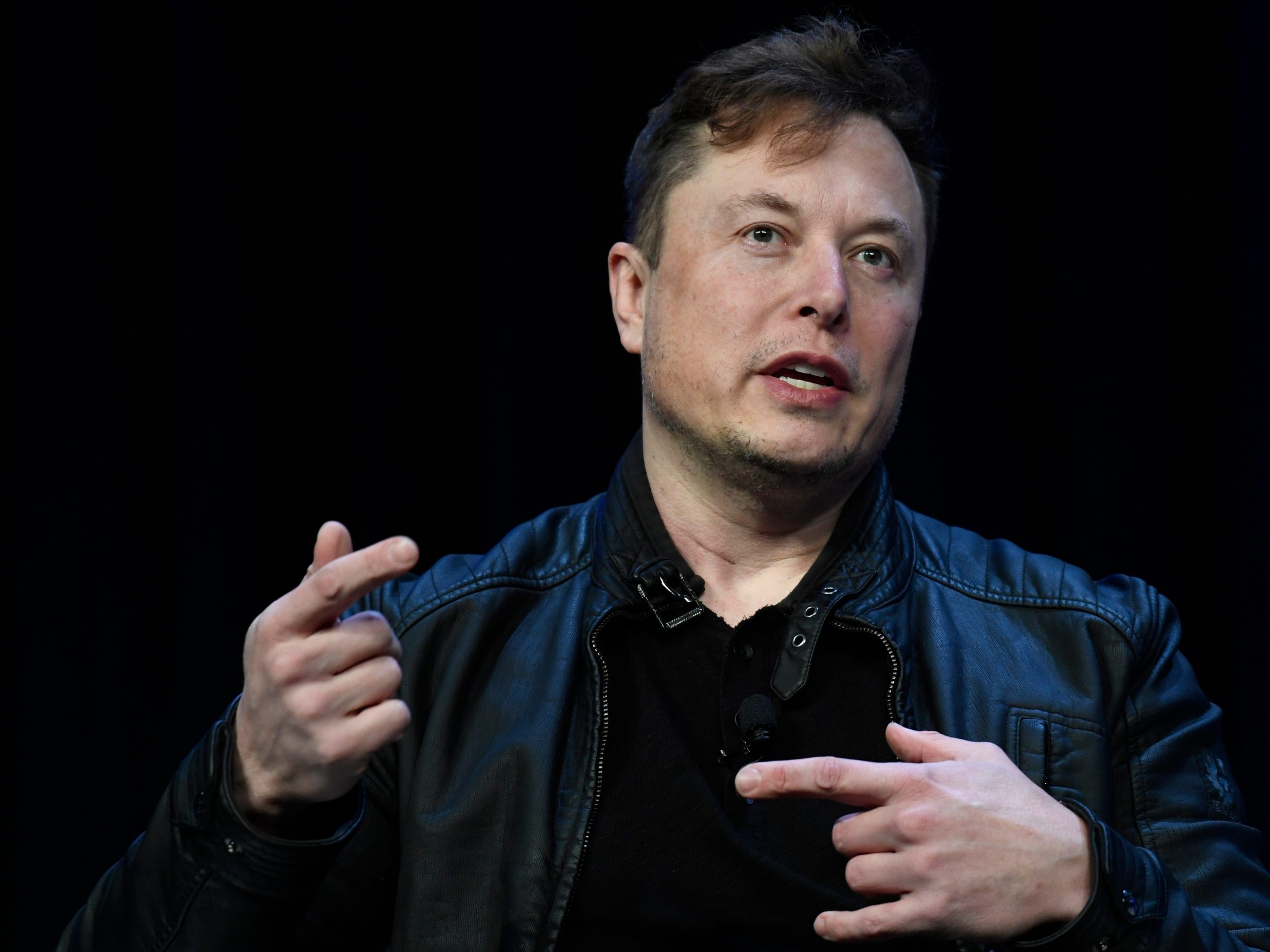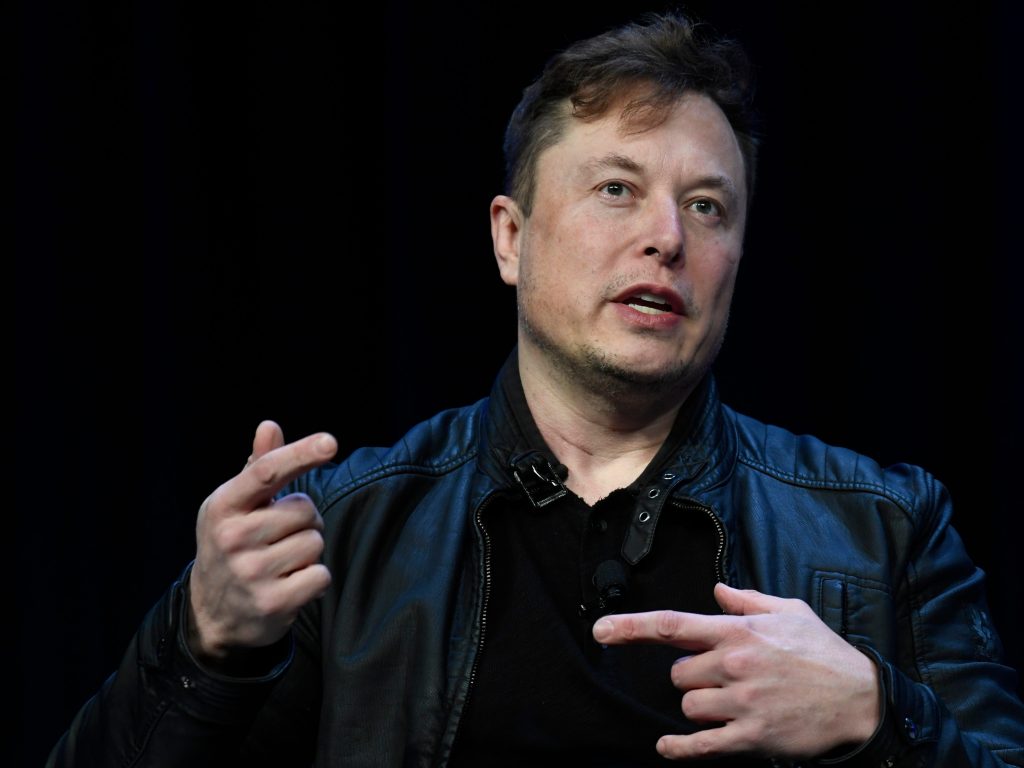
Susan Walsh/AP
- Tesla CEO Elon Musk compared the chip shortage to the toilet paper buying frenzy in 2020.
- He said the supply snags have caused companies to "overorder" semiconductor chips.
- Tesla is reportedly in talks to stock up on the chips by buying in bulk ahead of time.
- See more stories on Insider's business page.
Tesla CEO Elon Musk said the biggest issue the electric carmaker is facing is ongoing supply chain issues.
He pointed to the global shortage of semiconductor chips that have cost automakers billions this year.
"Never seen anything like it," Musk tweeted on Wednesday. "Fear of running out [of computer chips] is causing every company to overorder – like the toilet paper shortage, but at epic scale."
-Elon Musk (@elonmusk) June 2, 2021
Last year, at the onset of the pandemic, many shoppers rushed to stock up on toilet paper out of fear of supply chain shortages. The buying frenzy left behind empty shelves, making products like toilet paper and Clorox wipes valuable commodities that sold on secondary markets for record prices.
Similarly, in recent months automakers have been rushing to stock up on the computer chips that account for about 40% of a new car's cost. The chip shortage has led to a lack of new cars and record-high used cars sales prices, as well as burgeoning raw material costs.
Tesla has not been exempt from the buying frenzy. Last week, the Financial Times reported that Musk's company was in talks to pay for the chips in advance by putting down deposits on large orders of the increasingly scarce commodity. Tesla is also reportedly in the preliminary stages of eyeing a potential plant purchase that would allow the carmaker to create its own computer chips.
The global shortage of computer chips has been driven by COVID-19 plant closures, as well as port delays and the global shipping container shortage. Last month, consulting firm AlixPartners estimated automakers will lose about $110 billion this year due to the shortage.
Many automakers have been forced to shut down manufacturing plants and prioritize the most profitable car models they produce as a result of the shortage. Some have begun selling cars without navigation and collision detection systems - elements which require the chips - in order to meet manufacturing goals. Tesla has avoided eliminating high tech features and has even continued to add more automated elements to its cars, despite its reliance on the chips, but the company has not been immune to the impact of the shortage.
Last month, during the company's earnings call Musk said supply-chain issues were causing "insane difficulties" for the electric carmaker and the chip shortage had impacted Tesla's manufacturing goals.
The supply chain snags have forced Tesla to raise prices. Musk responded on Monday to complaints about the automaker's rising prices on Twitter and cited inflating raw material costs and supply chain pressure.
-Elon Musk (@elonmusk) May 31, 2021
Tesla was also forced to delay the release of several of its vehicles due to the chip shortage, including its Model S Plaid which is expected to come out later this month. In February, Tesla briefly halted production on its Model 3 at its car assembly plant in California, citing supply-chain issues.

